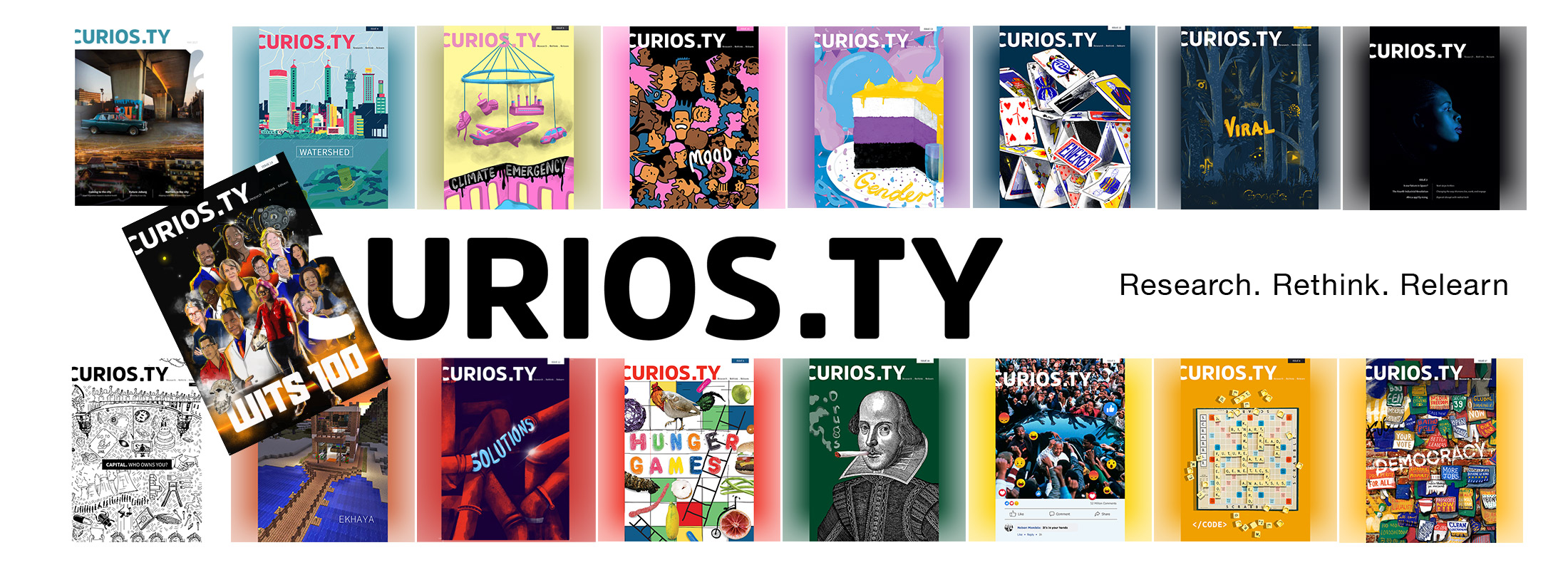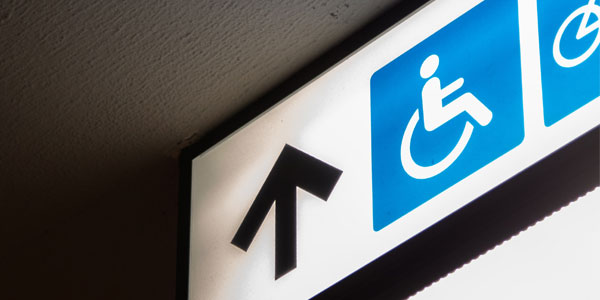
Building a better understanding of disability
- Tamsin Oxford
People with disabilities, be they physical or mental, are often treated differently, which may affect their mental wellness. How to remove the social barriers.
Disability. It is a complex word. It can have negative connotations that imply a person is limited, different, unable to achieve what the able-bodied can. It can also, however, be the definitive benchmark of achievement when a person ignores physical and mental limitations to reach extraordinary heights.
The definition of disability differs between those affected and those who come into contact with people with disabilities. There is little more inspiring than being around someone who has overcome adversity to become the embodiment of extraordinary, but there is a journey they have taken to reach this point. A journey that is taken as much by the mind as the body and by how they have responded to the society in which they live.
“When it comes to disability, there’s a lot that a person experiences emotionally that is due to the conceptualisation of being different,” says Dr Victor de Andrade from the Audiology Division, in the Department of Speech Pathology and Audiology, School of Human and Community Development.
“People can struggle with the recognition that they are different. Similarly, society has often stigmatised disability so people are reluctant to discuss [disabilities] or bring them to the fore.”

That awkward feeling
It is the lack of a wheelchair ramp to the library, so a person has to use a proxy to find something to read. It is the lack of access to facilities that recognise the hearing or visually impaired, so they have to rely on others to achieve simple tasks. It is the waiter asking the able-bodied person what their friend in the wheelchair would like to eat when they go out for dinner, or the person unable to make eye contact with someone who is physically impaired. These built-in societal limitations have an effect on a person’s wellbeing and mental happiness.
“Many able-bodied people have a deep-seated fear around disability. Perhaps, this is because the possibility of being disabled at some stage in our lives can happen to anyone,” says Duncan Yates, a Psychologist and Neurodiversity and Mental Health Coordinator in the Disability Rights Unit. “If a person can engage with people with disabilities, then they can get around their fear. We should not be afraid to ask questions and we also need to be aware of how we communicate.”
It's all in a name
Think about the expression ‘Deaf and…’. Most people fill in the blank with the word ‘dumb’. It has become a common saying that today implies that people with a hearing impairment also suffer from a mental impairment. Dumb has evolved as a word – it used to mean ‘mute’ but now it can also mean ‘stupid’. This simple phrase can carry significant weight for those who are born with, or experience, a hearing difficulty.
“If a person has a disability and lives in a context that is not accommodating of that disability, then the disability itself is now embodied in that person and they experience greater disability,” explains De Andrade. “People with disabilities may struggle to express themselves fully because of the limitations imposed by society.”
“I think our understanding of the mental issues that people with disabilities can experience is very limited and this is hugely problematic. There are also very few mental health services which are accessible to people with communicative impairments,” says Joanne Neille, a Senior Lecturer in the Department of Speech and Pathology and Audiology. “There is also the consideration around the violence experienced by people with disabilities, yet few people with disabilities have the opportunity to report violence, either because of [a lack of] access to services or because institutions are not set up to accommodate disabled people.”
Yates maintains that the more a society understands disability, the less likely people with disabilities will have to face physical and attitudinal barriers. “A recent survey showed that a lot of students at Wits didn’t want to reveal their mental health related disabilities, but when they did, they got the support that they needed. This positively showed there was less stigma than they originally perceived.”
Changing misfortune into fortune
Stigma and discrimination are two of the most potent factors that influence a person’s wellbeing when they have a disability. They are treated differently or people react awkwardly around their impairments, be they physical and obvious or mental and hidden. A person’s experience of their disability can be largely dictated by the environment they are in and how they are treated. In addition, there are the mental complexities that come with unexpected disability due to an illness or an accident. For many people, the sudden and dramatic change can seriously shake their mental foundations.
“Disability itself won’t necessarily cause mental health issues,” concludes Anlia Pretorius, Head of the Disability Rights Unit. “You can change misfortune into fortune. We’ve seen our students end up doing amazing things – like the student with limited mobility who completed his exams by typing on a mobile phone. They are so motivated and passionate about their lives. There’s always the psychological side and the impact will be there, but how this is handled will depend on the individual and how they look at their future."
There are multiple layers to how people with a disability react to their circumstances. But what is equally important, is how society needs to adapt and embrace the psycho-social support to ensure people with disabilities can thrive.
- Tamsin Oxford is a freelance writer.
- This article first appeared in Curiosity, a research magazine produced by Wits Communications and the Research Office.
- Read more in the 10th issue, themed: #Mood how our mental health and wellbeing are impacted by the socio-economic, political, psychological, legal, ethical, cultural and technological interpretations of our world.

